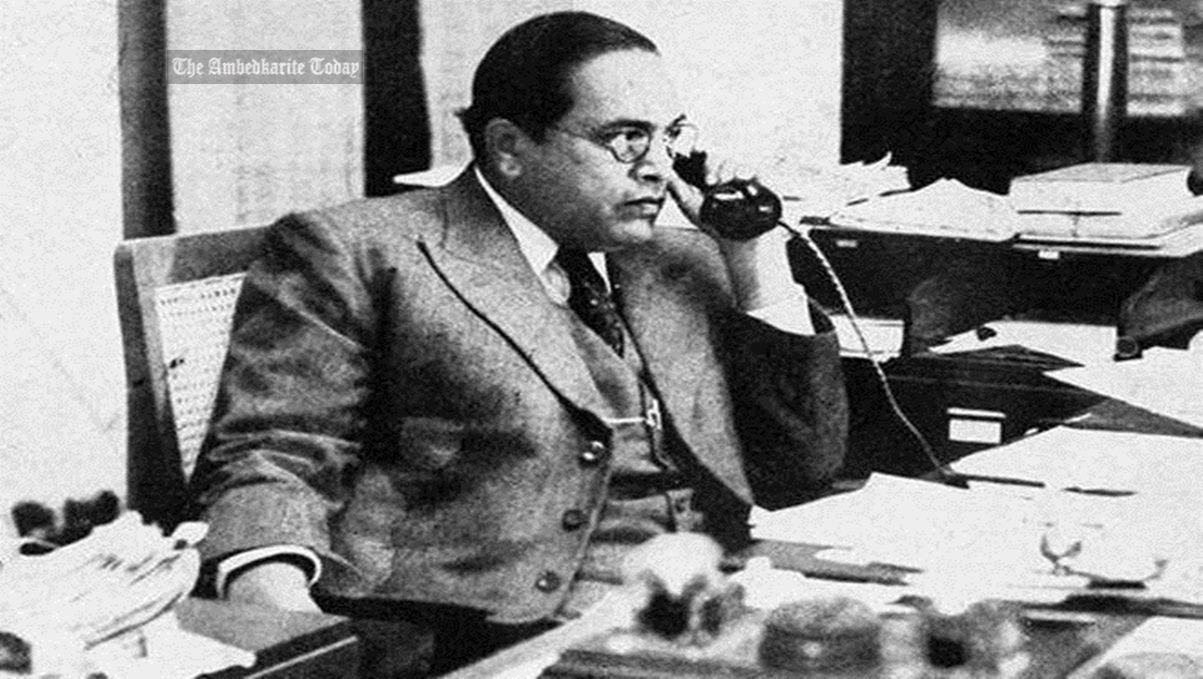The assertion by the individual of his own opinions and beliefs, his own independence and interest—as over against group standards, group authority, and group interests—is the beginning of all reform. But whether the reform will continue depends upon what scope the group affords for such individual assertion. If the group is tolerant and fair-minded in dealing with such individuals, they will continue to assert [their beliefs], and in the end will succeed in converting their fellows. On the other hand if the group is intolerant, and does not bother about the means it adopts to stifle such individuals, they will perish and the reform will die out.
[2:] Now a caste has an unquestioned right to excommunicate any man who is guilty of breaking the rules of the caste; and when it is realized that excommunication involves a complete cesser [=cessation] of social intercourse, it will be agreed that as a form of punishment there is really little to choose between excommunication and death. No wonder individual Hindus have not had the courage to assert their independence by breaking the barriers of Caste.
[3:] It is true that man cannot get on with his fellows. But it is also true that he cannot do without them. He would like to have the society of his fellows on his terms. If he cannot get it on his terms, then he will be ready to have it on any terms, even amounting to complete surrender. This is because he cannot do without society. A caste is ever ready to take advantage of the helplessness of a man, and to insist upon complete conformity to its code in letter and in spirit.
[4:] A caste can easily organize itself into a conspiracy to make the life of a reformer a hell; and if a conspiracy is a crime, I do not understand why such a nefarious act as an attempt to excommunicate a person for daring to act contrary to the rules of caste should not be made an offence punishable in law. But as it is, even law gives each caste an autonomy to regulate its membership and punish dissenters with excommunication. Caste in the hands of the orthodox has been a powerful weapon for persecuting the reformers and for killing all reform.
[ This is the part 12 of the book Annihilation of Caste written by Dr Ambedkar. Annihilation of Caste is an undelivered speech written in 1936 by B. R. Ambedkar. B.R. Ambedkar was the first highly educated, politically prominent Dalit. He wrote The Annihilation of Caste for the 1936 meeting of a group of liberal Hindu caste-reformers in Lahore ]

